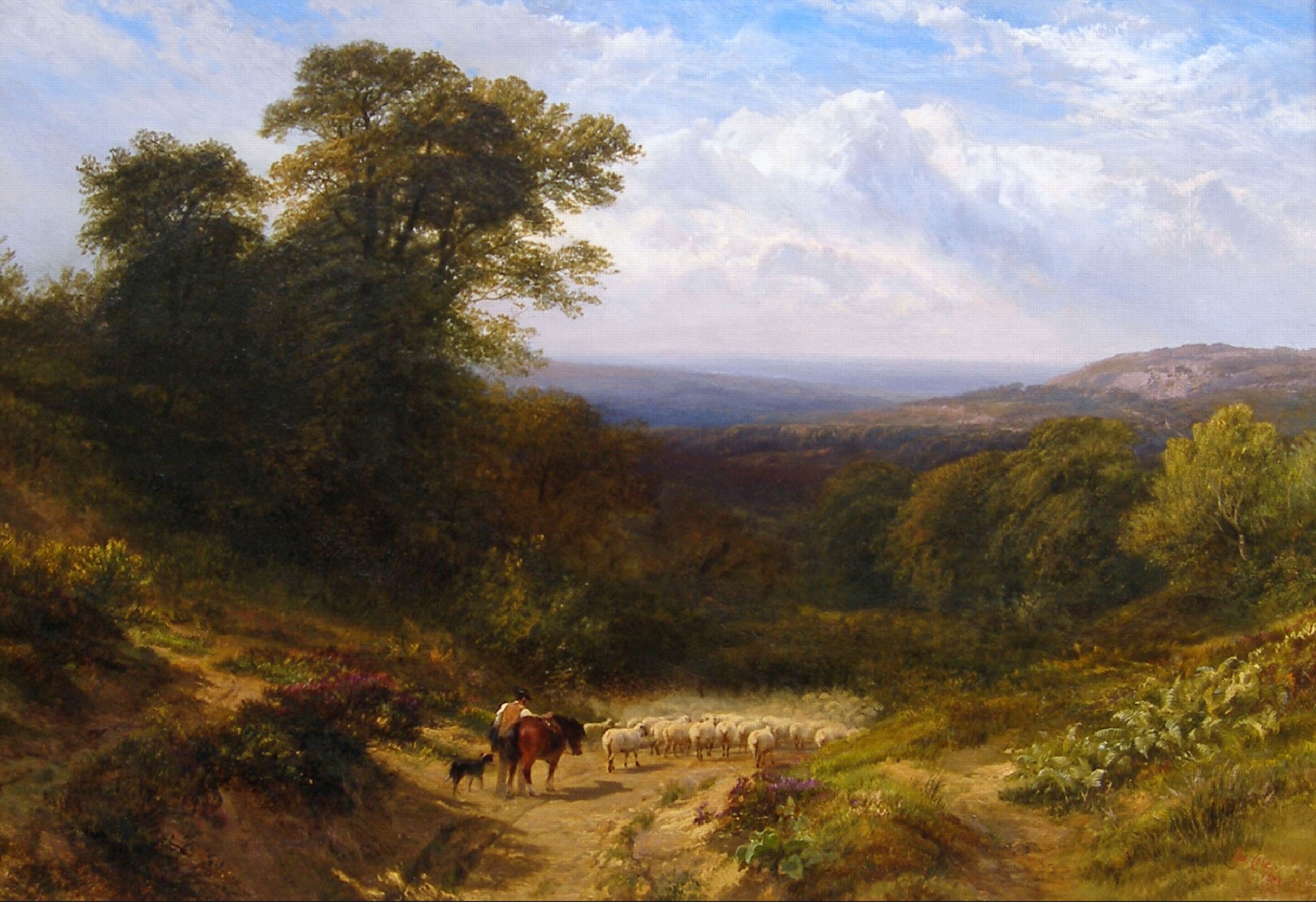
When we have land we do not own it. Rather, we are custodians. What we do with our newfound role is, of course, up to us. But ought we do good? A custodian is a caretaker and the land, if we listen, will speak, will tell us its wants and needs. It takes time and a few long walks through the forests and the fields. In time, though, we can come to understand the language of the land.
I am afraid that the custodial role is a disappearing one. It seems that landownership is taking over the caretaker’s careful and thought out intentions. When we own land it seems that we assume that we have rights to do what we want…no matter what the land needs. Ownership is economic; taking care is ethical.
Out in the forest, chainsaw in hand, I cut dead fall (those dead trees that have fallen and have hung up on other, often young, live trees. Caretakers change the land for a reason, like landowners, but caretakers change the land for reasons that have to do with the land and not ourselves. Caretakers must make choices. Do we manage (if that is possible) our land for beauty, for use, for both?
To be a caretaker is difficult work, but to recognize the importance of being a custodian of the land is perhaps harder yet. This concept is not an idea that we wake up with. We must realize our roles as custodians and also realize that such work, such roles (as so many are) are thankless. In a world measured by profit the custodian lives in poverty.
If land needs a custodian at all, shouldn’t the custodian recognize that their very existence is dependent upon the land and not the other way around. Perhaps, in the end, this is the difference between owning land and caring for land: the custodian recognizes his dependence and the landowner does not. I would hope that most people get a chance to care for land if and only if they can also recognize that their very existence is dependent upon what they do with it.
